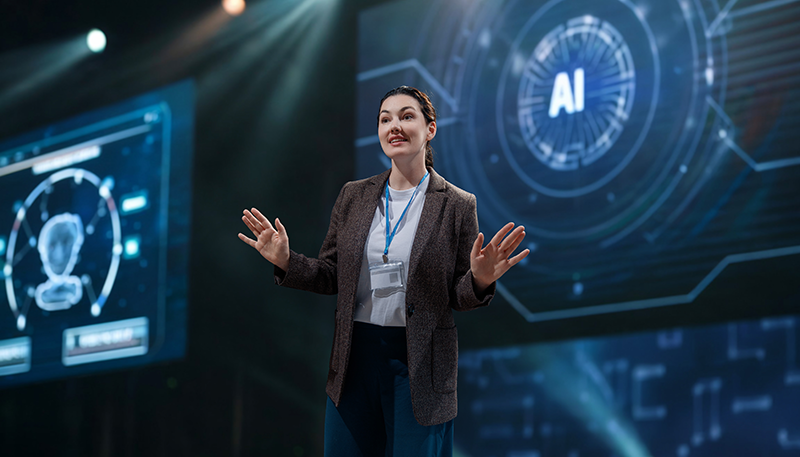Artificial Intelligence (AI) is a rapidly emerging field of computer science focused on creating intelligent machines that can perform tasks typically requiring human cognition, such as visual perception, speech recognition, decision-making, and language translation. At its core, AI involves developing algorithms and software that enable computers to learn from data, recognize patterns, and make decisions or predictions with increasing accuracy over time. This is often achieved through machine learning techniques like deep learning neural networks that mimic how the human brain processes information.
AI systems can be narrow in scope, designed for specific tasks like playing chess or driving a car, or they can be more general-purpose, with the ability to reason, plan, and solve problems across various domains. As AI continues to advance and become more sophisticated, it has the potential to transform virtually every industry, from healthcare and finance to manufacturing and customer service, by augmenting human capabilities and automating complex processes. However, the increasing power and prevalence of AI also raises important ethical considerations around bias, privacy, job displacement, and the responsible development and deployment of these technologies.
Where will Artificial Intelligence be in 50 Years?
AI technology is progressing rapidly, and it’s exciting to imagine where it might be in 50 years. By then, AI systems will likely be ubiquitous and integrated into nearly every aspect of our lives and work. Highly advanced narrow AI could automate and optimize complex tasks in fields like healthcare, finance, transportation, and beyond, boosting efficiency and performance to unprecedented levels.
We may also see more capable general AI emerge that can match or even surpass human-level intelligence across a wide range of cognitive domains. This could unleash immense potential to solve major challenges, accelerate scientific breakthroughs, and improve quality of life on a global scale. At the same time, such powerful AI would raise critical questions around ethics, governance, privacy, security and the future of work that will need to be carefully navigated. One thing is clear though – 50 years from now, AI will no longer just be a technological tool, but a transformative force that has reshaped the very fabric of human society and our world as we know it.
“Success in creating AI would be the biggest event in human history. Unfortunately, it might also be the last, unless we learn how to avoid the risks.”Stephen Hawking




